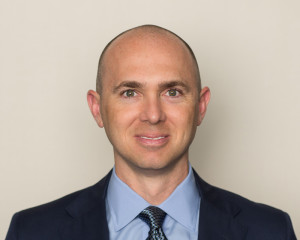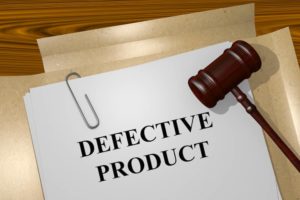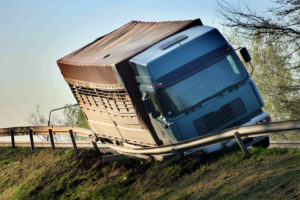4 Basic Types of Auto Insurance Coverage
Car Accident Lawyer
Car insurance laws depend on the state in which you live. State laws mandate the kind of coverage you are required to carry and any minimum amounts of that coverage.There are many types of policies offered by insurance companies, and if your state does not require all of them, it may be worth the time to look into them. Learn some of the basics about car insurance policies and the variety that may be available to you.
Liability Coverage
The most fundamental auto insurance is considered liability coverage. It is typically mandatory. Liability coverage encompasses property damage and bodily injury. The property, in this instance, is usually the insured vehicle, but if you live in a fault-based state, it may cover the damage to the other vehicle. Bodily injury works in the same way, covering the other driver in an at-fault state. Liability coverage is set based on policy minimums required by state law.
Uninsured and Underinsured Coverage
In addition to liability coverage, you may be offered uninsured and underinsured motorist policies. These may be required to some extent by your home state. Even if they are not, you may want to check into adding them to your liability policy. That is because you may face a crash in which the at-fault driver does not either have sufficient coverage or has no insurance. In these cases, your underinsured or uninsured policy will kick in and cover your property damage and any medical bills.
Comprehensive Coverage
Comprehensive insurance policies deal with damage to your vehicle inflicted by something other than an accident. The most common incidents are theft, vandalism or a natural disaster. A hail storm, for instance, may leave extensive body damage to your car. This is not covered under your liability policy since it is not a vehicle crash. When your car is stolen, the comprehensive coverage policy will pay out the then-value of your vehicle.
Medical Payments Coverage
If you do suffer injuries from a car accident, you may wind up with extensive medical bills. If you live in a no-fault state, you will be required to carry medical payments coverage, called personal injury payments. Unlike liability coverage, this protects you and pays for the medical care you require after a crash. It also comes in handy should the opposing insurance company not pay out timely when the other driver is at fault.
It may help to speak to a car accident lawyer after an accident. A car accident lawyer can help you understand what happens next with your insurance company and the other driver.







